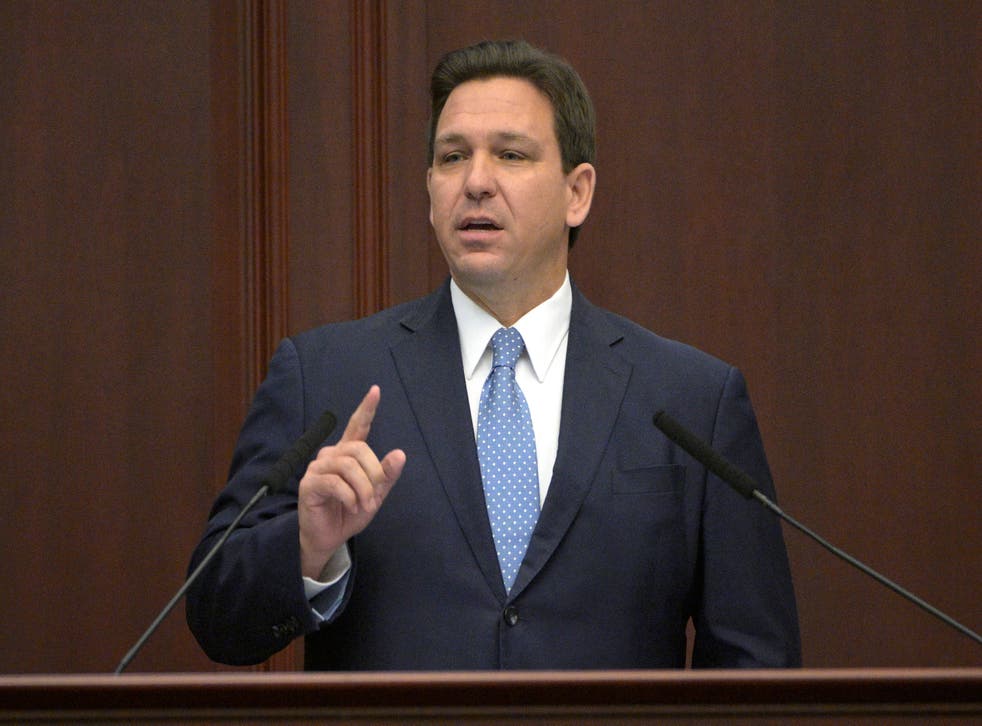MUSLIMS ARE A MINORITY IN SRI LANKA
US officials, rights groups condemn billionaire investor’s Uyghur comments
2022.01.18
Chamath Palihapitiya’s comment that “nobody cares” about the persecution of Uyghurs in western China prompted a flurry of condemnation from a variety of quarters, including the NBA team the billionaire investor partly owns, which released a statement saying that he had little involvement with its operations.
Chamath Palihapitiya, who runs Social Capital in Palo Alto, California, said on a podcast on Monday that China’s ongoing persecution of Uyghurs in Xinjiang, which the U.S. and other countries have called a genocide, did not register with him as an issue of much concern.
“Nobody cares about what’s happening to the Uyghurs, okay. You bring it up because you care and I think it’s nice that you care. The rest of us don’t care. I’m just telling you a very hard, ugly truth. Of all the things that I care about, yes, it is below my line,” Palihapitiya said.
Social Capital invests in 74 startups, mostly in the technology sector. The company’s website says that its “mission is to advance humanity by solving the world’s hardest problems.”
The Warriors joined Uyghur advocates, business leaders, and U.S. officials in condemning the statement, calling him “a limited investor who has no day-to-day operating functions” with the team.
“Mr. Palihapitiya does not speak on behalf of our franchise, and his views certainly don’t reflect those of our organization,” the Warriors said.
Dolkun Isa, president of the World Uyghur Congress, a Uyghur rights advocacy group, noted that the Biden administration and U.S. Congress have recognized China’s campaign of persecution on Uyghurs as a genocide.
“It is really inhuman for a businessman to say he doesn’t care about Uyghurs in his search of profit and money in China,” he told RFA, referring to Palihapitiya. “He may have become rich, but he has lost his humanity.
“Their continued investment in China and statement that they don’t care about the plight of the Uyghurs will embolden China and result the deaths of many more people,” Isa said.
‘An unprecedented callousness’
In a tweet, Palihapitiya sought to clarify his earlier comments but did not apologize for them.
“In re-listening to this week’s podcast, I recognize that I come across as lacking empathy. I acknowledge that entirely,” he wrote in a statement he posted on Twitter. “As a refugee, my family fled a country with its own set of human rights issues so this is something that is very much a part of my lived experience. To be clear, my belief is that human rights matter, whether in China, the United States, or elsewhere. Full stop.”
But Nury Turkel, the vice chair of the U.S. Commission on International Religious Freedom (USCIRF) , said that Palihapitiya’s comment reflects a broader problem: the willingness of executives in the business and sports communities to ignore China’s human rights abuses in pursuit of money-making opportunities.
“This kind of unrepentant and unconscionable behavior should be met with consequences,” Turkel tweeted.
“It’s appalling that Chamath engages in genocide denialism and playing the whataboutism card considering his family background of suffering human rights abuses in Sri Lanka. The communist regime he is defending will not hesitate to lock him up if he criticizes China in the same way he does with the United States,” Turkel, a Uyghur-American lawyer who has been sanctioned by the Chinese government along with fellow USCIRF commissioners, said in a later comment to RFA.
German researcher Adrian Zenz, who has documented China’s abuses against the Uyghurs, told RFA on Tuesday that Palihapitiya’s comments were “like an attempt to normalize a massive human rights violation to make it appear that we can coexist, that we can live with it.”
But Zenz also said that even though Palihapitiya “expressed the sentiment of an unprecedented callousness,” the effect in the end was the same as people who say the genocide is terrible but do nothing.
“He’s at least being honest about it,” Zenz said.
U.S. Rep. Tom Malinowski, a New Jersey Democrat who sits on the Foreign Affairs Committee, also criticized Palihapitiya.
“I’ve had enough of CEOs who criticize injustice in the U.S. (which is fine but costs them nothing), while kissing up to the Chinese government. Congress cares about the Uighur genocide, and we’ve only just begun to stop greedy corporations from profiting from it,” Malinowski tweeted.
Diplomatic boycotts of Beijing Olympics
Meanwhile, Mike Pompeo, former secretary of state under the Trump administration, called on the NBA to speak out against Palihapitiya.
“If the @NBAtruly stands for justice, they will denounce these comments by @chamath and denounce the CCP’s genocidal oppression of the Uyghur people in Xinjiang,” he said referring to the Chinese Communist Party.
Western countries, including the U.S., the United Nations, and some foreign parliaments have declared that the Chinese government’s severe abuses against the predominantly Muslim Uyghurs in Xinjiang amount to genocide and crimes against humanity.
In December, President Joe Biden signed the Uyghur Forced Labor Prevention Act into law.
Additionally, the U.S. and several other nations have announced diplomatic boycotts of the Beijing Winter Games, sending athletes but no officials.
Support for Palihapitiya’s sentiment was limited, with Andy Mok, a commentator for China’s state-run CGTN media network, tweeting “@chamath is a rock star.”
China’s Foreign Ministry spokesman Zhao Lijian said Tuesday that he was not aware of Palihapitiya’s comments.
“I can tell you that Xinjiang-related affairs are purely China’s internal affairs, which brook no interference by any external forces,” he said during a regular press conference when asked for the government reaction to the executive’s statement.
Translated by the Uyghur Service. Written in English by Roseanne Gerin.












